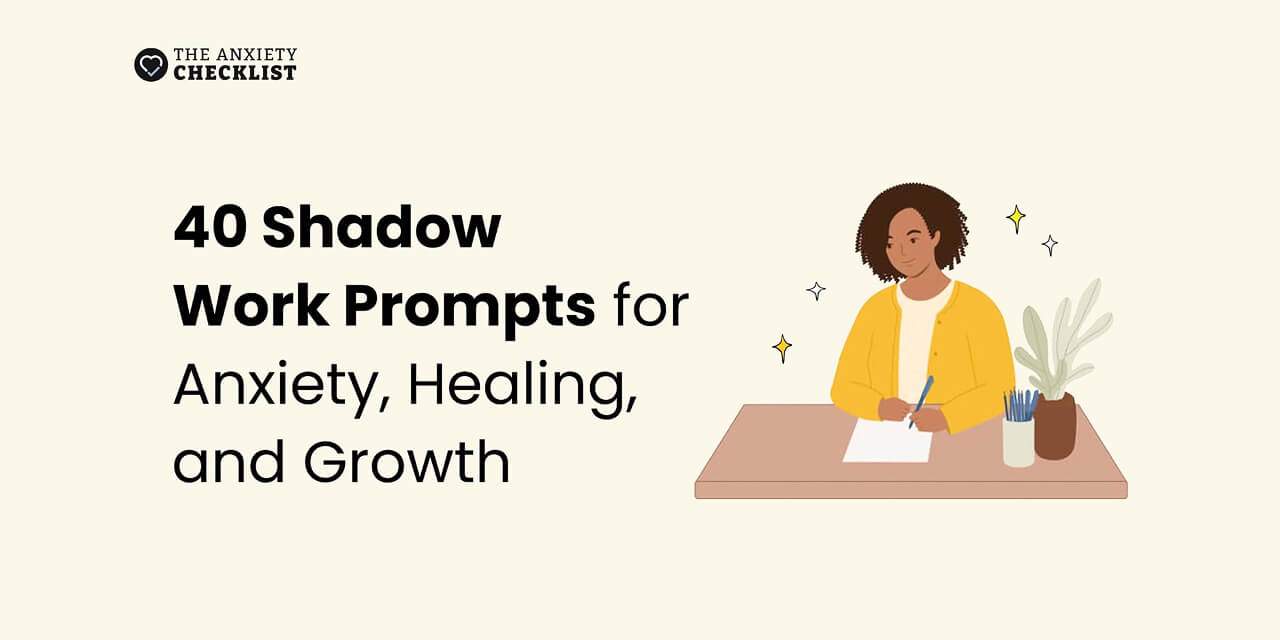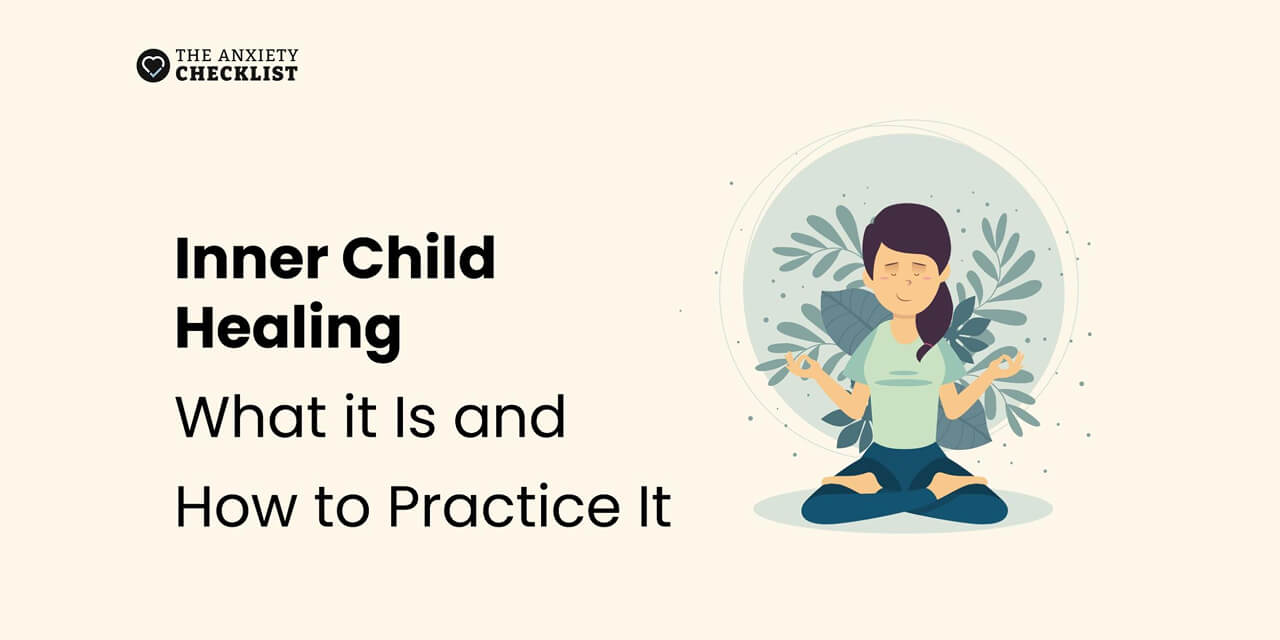When anxiety hits, do you know what to do next?
Learn how to calm your body, interrupt fear loops, and regain control step by step.
What are Shadow Work Prompts?
The Benefits of Using a Shadow Work Journal
Keeping a shadow work journal creates a safe, structured way to explore your inner world, which is especially helpful for people who experience anxiety.
Your responses to shadow work journal prompts can reduce constant overthinking and improve self-awareness.
They may also offer surprising insight into generational trauma patterns.
Here’s how a shadow work practice can support your healing:
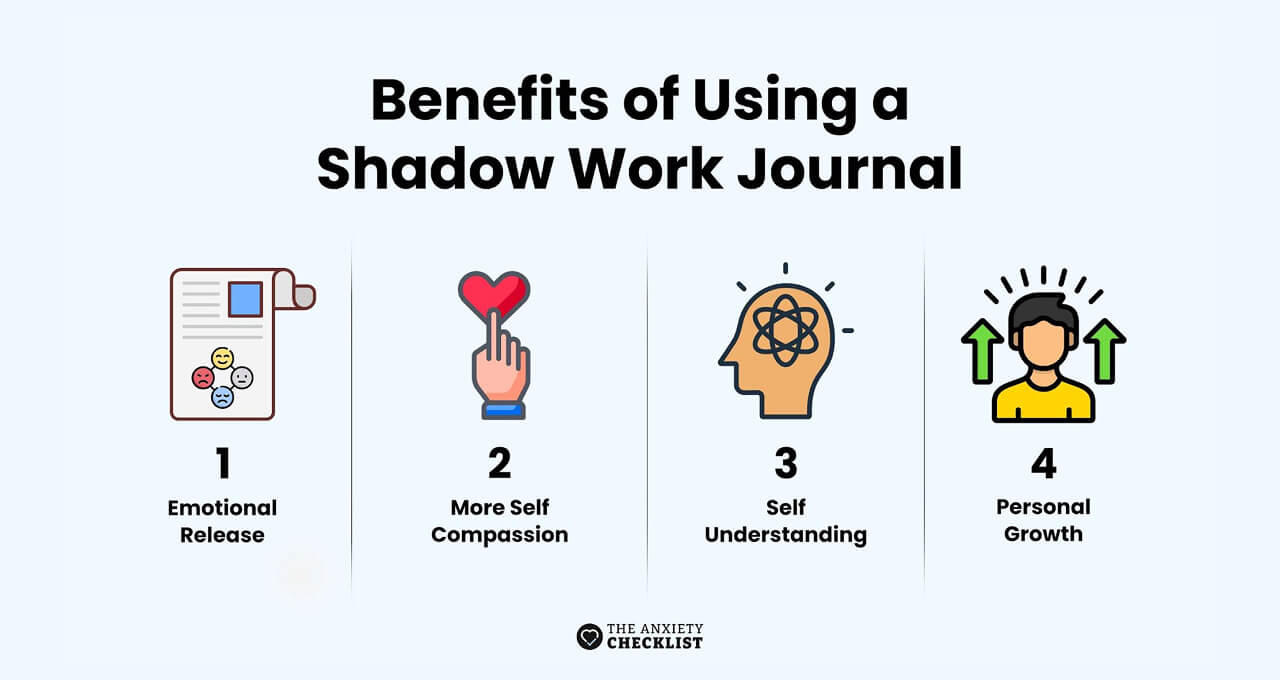
How to Do Shadow Work for Anxiety (Without Getting Overwhelmed)
If you live with anxiety, the idea of exploring your deepest thoughts and emotions might feel intimidating or even triggering. But you shouldn’t be discouraged.
Using shadow work journal prompts gives your emotions a safe space to land. Here are some tips for starting shadow work:
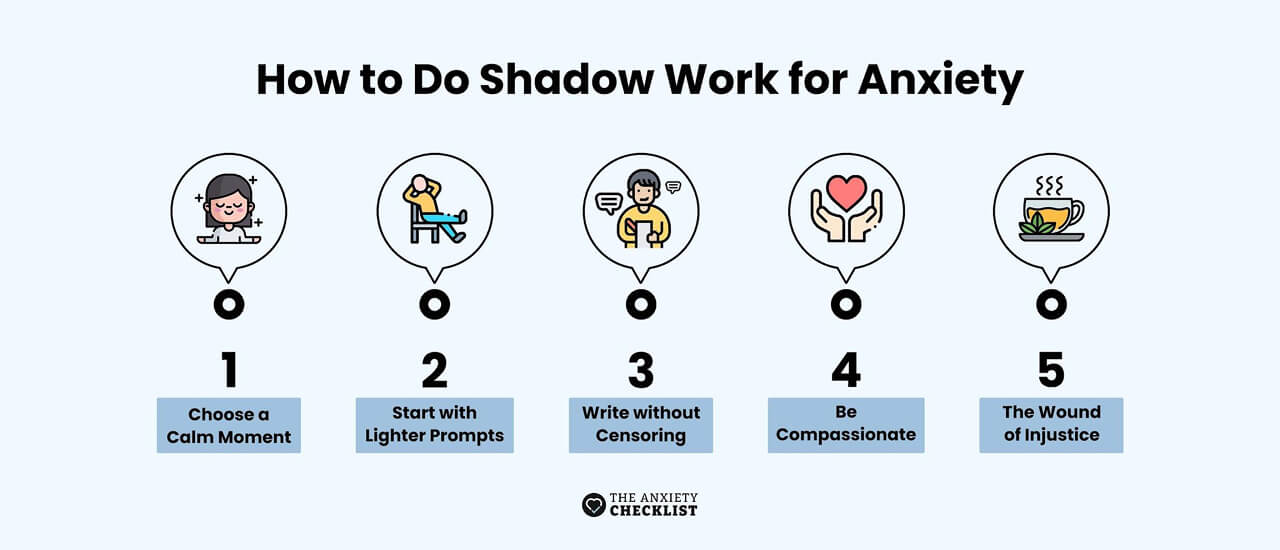
Shadow Work Prompts for Anxiety, Healing, and Self-Discovery
Shadow work prompts ask you to be honest with yourself. The questions may feel uncomfortable at first, but they’re not meant to shame you.
We’ve included a sample answer for the first prompts in different sections to guide you through the process. Ultimately, answering these prompts will help you in anxiety recovery and emotional healing.
Shadow Work Prompts for Healing from Past Trauma
Unprocessed trauma, whether big or small, can affect your brain in different ways. It can make you feel overly alert or get into a fight-or-flight mode even when there’s no real danger.
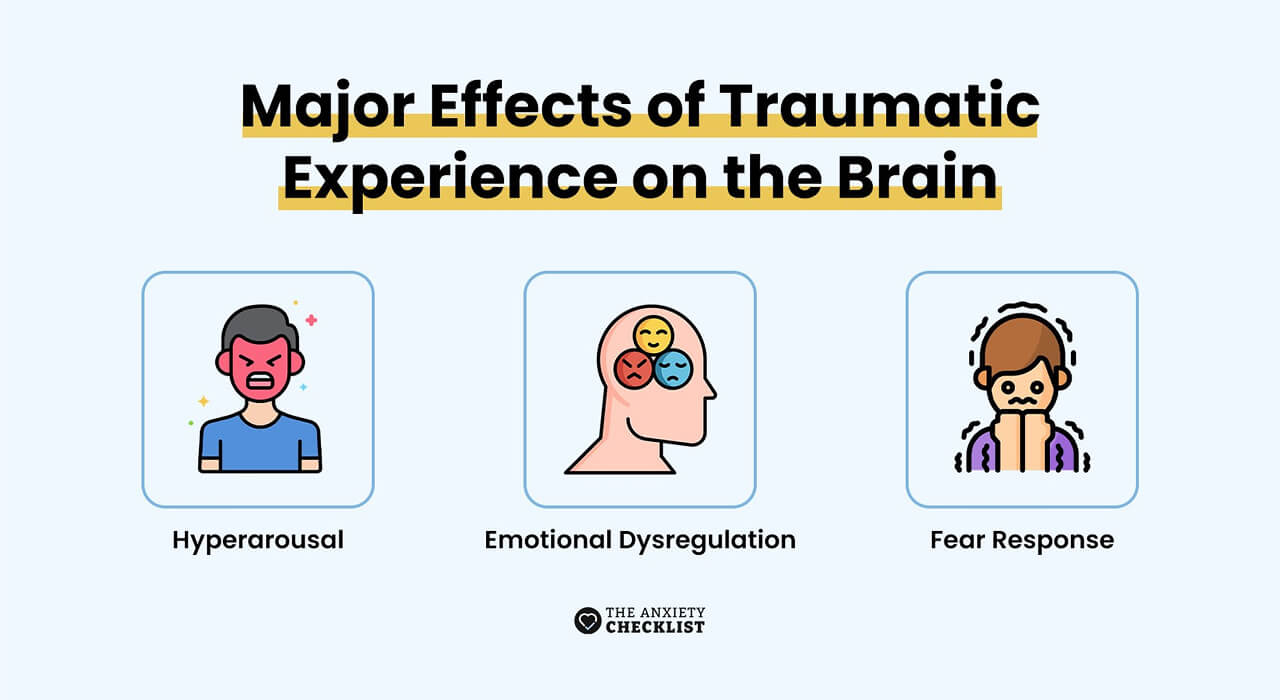
Shadow work prompts help you gently explore those experiences and name, feel, and release stored emotions.
Writing what happened to you can reveal how trauma shapes your reactions and offer the first step toward emotional freedom.
Shadow Work Prompts:
Sample Shadow Work Journal Answer:
A memory I avoid is seeing my parents fight during my childhood. I would hide in my room, heart pounding, afraid of what would happen next.
Would they get a divorce? Will I be taken to a foster home? Will my mom shoot my dad if she can’t take it anymore? Will the neighbors report and send them to jail?
I tell myself it’s “not a big deal” because they stayed together, but I still get tense when people raise their voices.
That memory wired me to perceive danger even when things are fine. Writing this makes me realize that small, ongoing stressors can still leave deep wounds.
Shadow Work Prompts for Exploring Self-Worth and Inner Criticism
Many anxious thoughts come from an internal belief that we’re not good enough. This inner critic can be formed in childhood or through repeated failure, rejection, or comparison.
Shadow work journaling can uncover where these harsh beliefs came from and help you rewrite them with compassion and truth. You can pair this with cognitive behavioral therapy to help reframe your thoughts.
Shadow Work Prompts:
Sample Shadow Work Journal Answer:
I constantly criticize myself for not being productive enough, even after meeting my daily target. I hear a voice in my head saying, “You’re lazy.” That voice sounds a lot like my dad.
Whenever I didn’t get “perfect” grades, he’d call me “lazy,” “good for nothing,” or “backward.”
The truth is, I’m tired because I’m overwhelmed, not lazy. I’ve internalized his pressure, and it’s costing me peace. I need to stop measuring my worth by output.
Shadow Work Prompts for Navigating Difficult Relationships
Relationships can trigger our shadow selves more than anything else, especially if they reflect emotional wounds like abandonment, control, or rejection.
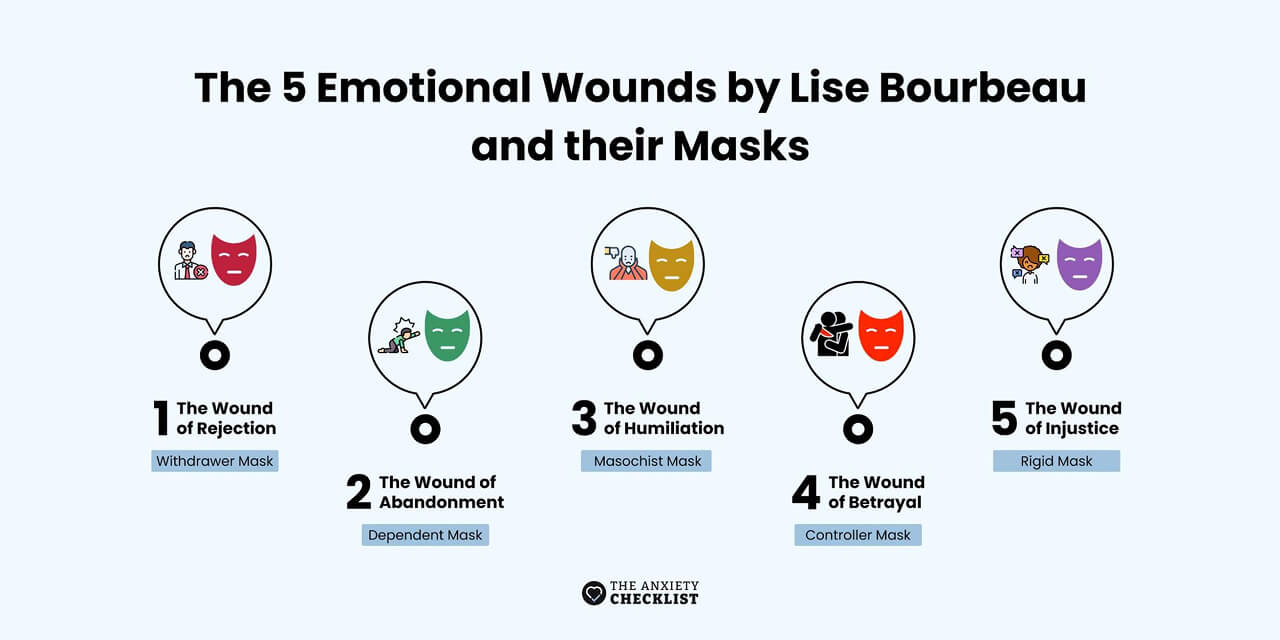
Shadow work prompts can help you understand why certain feelings come up so strongly in your relationships and how to set boundaries without shame or guilt.
Shadow Work Prompts:
Sample Shadow Work Journal Answer:
My friend triggers me when she cancels plans last minute. It makes me feel like I don’t matter, like I’m disposable.
It reminds me of when my mom forgot to pick me up after school. In fact, my mom always forgot because she was too busy at work.
I was very hungry one day and thought I could just find my way home. I almost got lost. Fortunately, my classmate’s mom found me crying on the street and took me home.
So, I’m not just upset about the canceled plan; I’m reliving a past that says, “You’re not important.”
Writing this now makes me understand things better, so I can respond from the present, not the past.
Shadow Work Prompts for Perfectionism and the Need for Control
Perfectionism is a mask for anxiety, when we fear that any mistake will expose us as unworthy or unsafe. It creates a cycle of overworking, overthinking, and never feeling “good enough.”
However, keeping a shadow work journal helps uncover the deeper fears behind the need to control everything. This allows you to release the pressure and trust yourself more fully.
Shadow Work Prompts:
Sample Shadow Work Journal Answer:
If I don’t do things right, I’m scared people will think less of me or, worse, leave. My value is tied to being competent and helpful.
As a kid, I was praised only when I achieved something. So I’d try to be the best at everything, even something as little as tidying my room.
I’d outdo myself because I started believing love is earned.
The fear of messing up makes me anxious all the time. But I’m tired. I want to feel loved even when I’m just being me, not doing anything to deserve it.
Shadow Work Prompts for Fear of Rejection and Abandonment
The fear of being rejected can often drive anxious thoughts and people-pleasing behavior. If you’ve ever silenced your needs to keep someone close, you’re not alone.
The following shadow work prompts help identify the roots of emotional wounds you sustained from being abandoned by your parents or partner.
Shadow Work Prompts:
Sample Shadow Work Journal Answer:
My dad used to withdraw emotionally when he was disappointed in me. I learned that love could be taken away if I upset someone.
So now, I constantly assess people’s moods, afraid they’ll leave. I become overly agreeable even when I disagree.
I want to fight myself for real, because why can’t I say my truth without caring whether it offends the other person?
Hiding myself doesn’t keep me safe; it just makes me feel invisible.
But now, I’m ready to be seen and heard, no matter the cost.
Shadow Work Prompts for Processing Anger and Resentment
Anger is often seen as a negative emotion, especially for those who grew up in environments where expressing it wasn’t safe. But unexpressed anger can build into anxiety and resentment.
Using shadow work prompts, you can explore what lies beneath the anger. It could be past hurt, unmet needs, or boundaries that were crossed.
Shadow Work Prompts:
Sample Shadow Work Journal Answer:
I get angry when people interrupt me. It feels disrespectful, but it also reminds me of how often I was talked over as a kid.
I wasn’t allowed to speak up without being called “rude” or “dramatic.”
So, don’t blame me for being sensitive.
My anger is trying to protect the part of me that still feels invisible. I think it’s time for me to set clearer boundaries.
Shadow Work Prompts for Body Image and Self-Acceptance
Body image issues can become a breeding ground for social anxiety, shame, and disconnection from self.
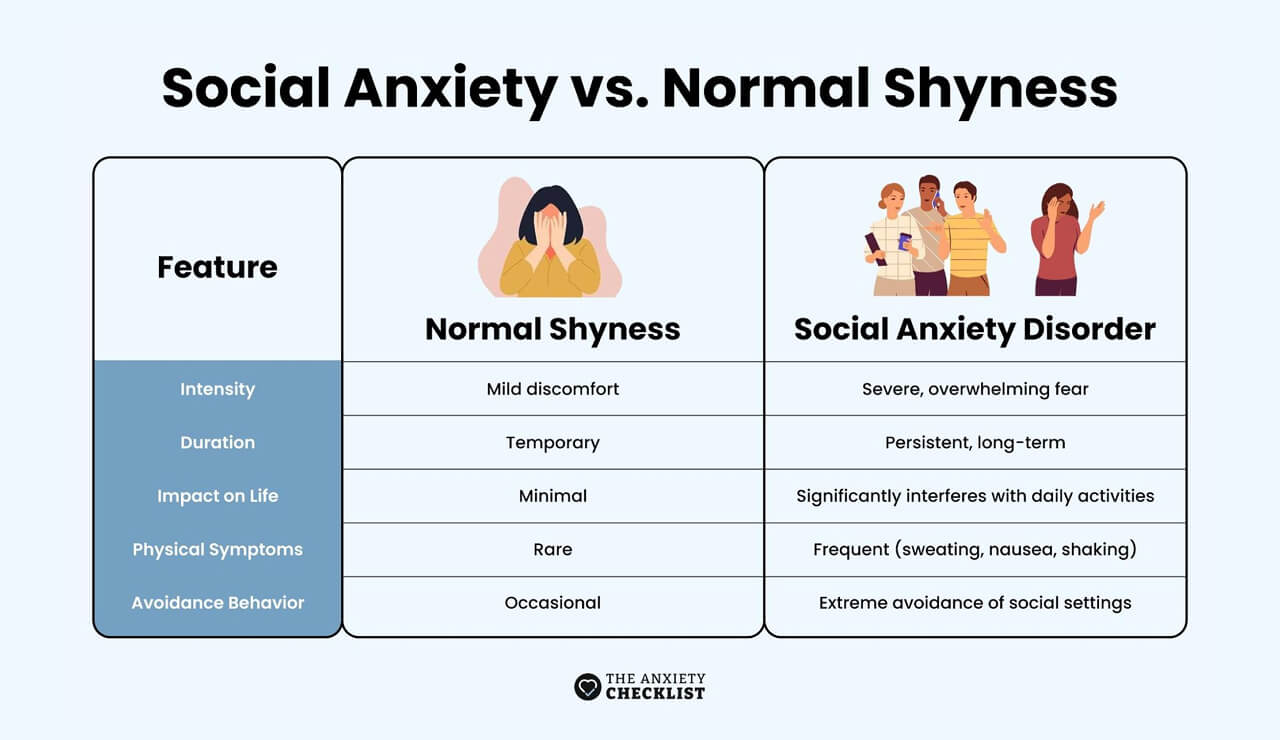
Many of us tie our worth to appearance, but that’s a lie told to you. You can identify where those beliefs came from using shadow work prompts. They also allow you to create space for a more accepting relationship with your body.
Shadow Work Prompts:
Sample Shadow Work Journal Answer:
I first felt “wrong” in my body when I was 11 and someone called me “chunky.” I started dieting before I even understood what hunger meant.
I’ve chased approval ever since.
I would decline going to a party because the dress didn’t fit, and the boys would look at me like I didn’t belong.
Writing this makes me realize how much of my anxiety is tied to controlling how others see me. But I want peace, not punishment.
Shadow Work Prompts for Fear of Change or the Future
If you’re experiencing anxiety disorders, the unknown can feel threatening. Making major life changes, such as relocating or starting a new relationship, can trigger deep fear and resistance.
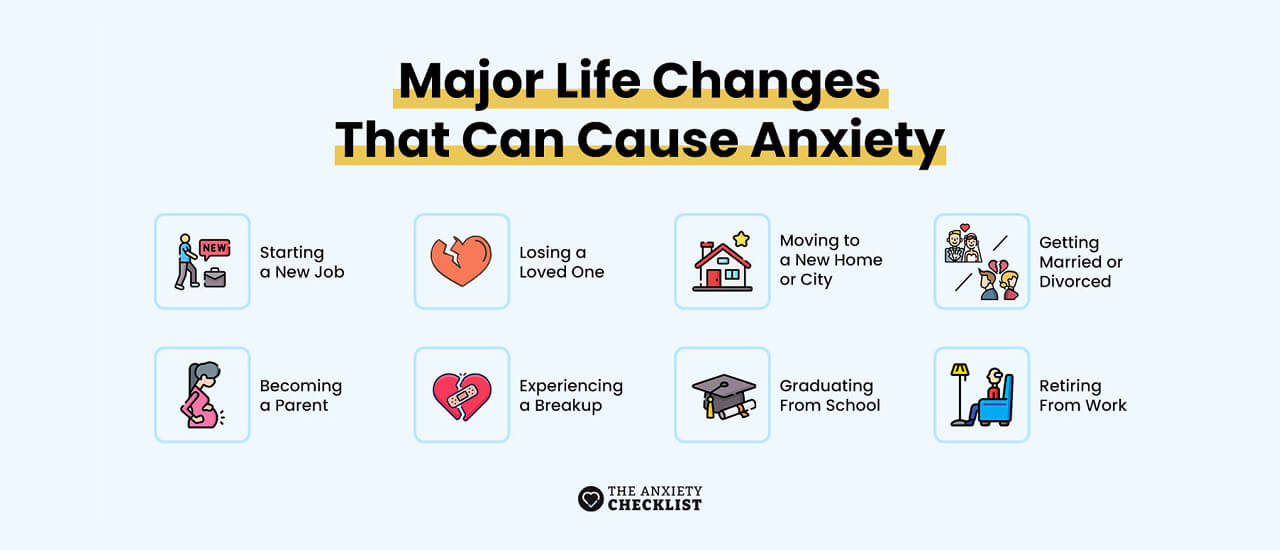
Shadow work journaling can help reveal what lies beneath that fear. Most times, it’s a lack of safety, control, or self-trust.
Shadow Work Prompts:
Sample Shadow Work Journal Answer:
The future scares me because I can’t plan every outcome. I worry about failure, being alone, or choosing the wrong path.
Change feels like free-fall, but I also know that some of the best things in my life came from change.
Maybe I don’t need to feel 100% ready to move forward. Maybe I just need to trust I’ll figure it out as I go.
Frequently Asked Questions
Begin Your Healing Journey with Compassion
Previous Article
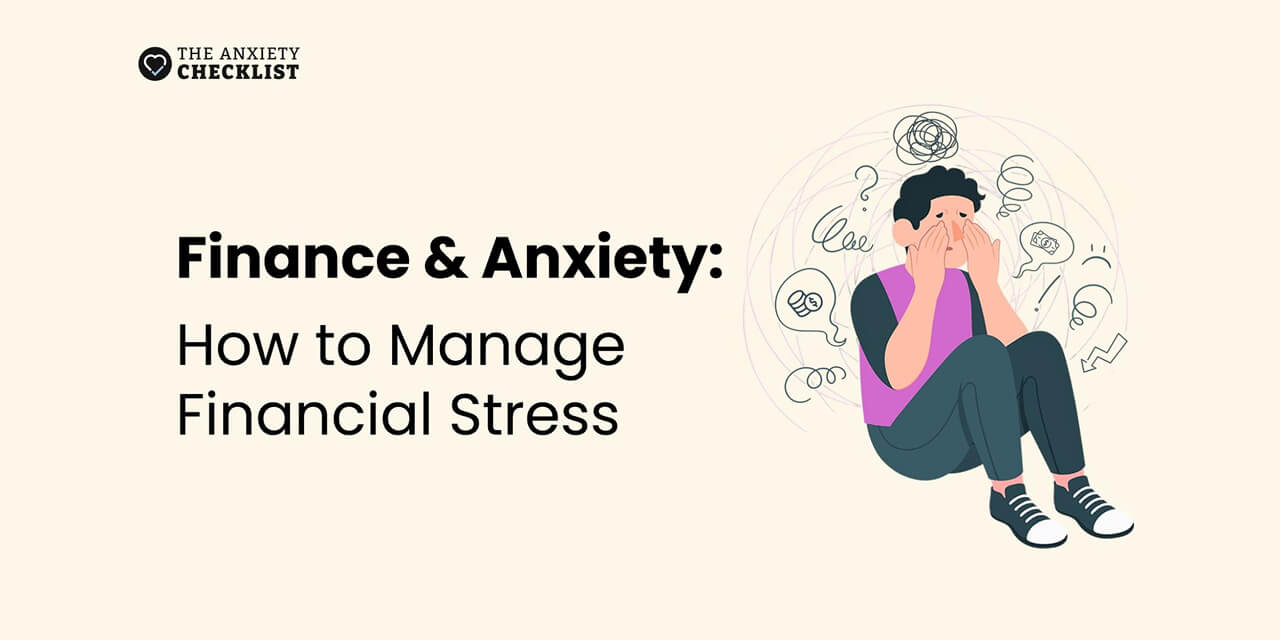
Finance & Anxiety: How to Manage Financial Stress
If you are in a crisis or any other person may be in danger - don't use this site. These resources can provide you with immediate help.


